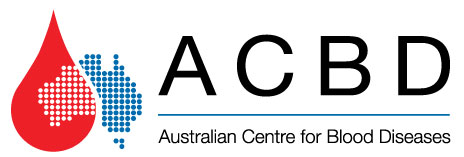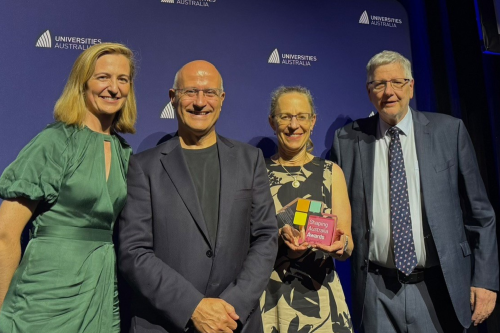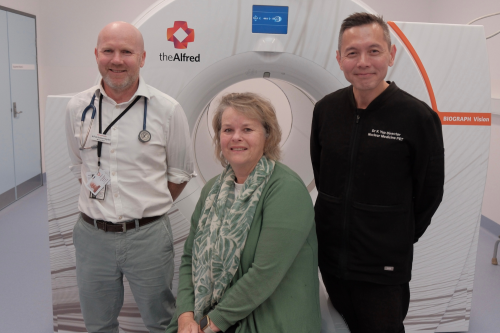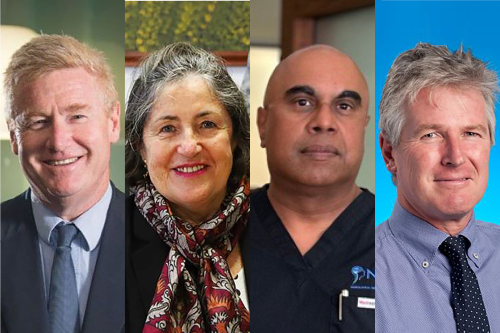Clinical Haematology research
Our Clinical Haematology service is affiliated with the laboratory and clinical research conducted by the Australian Centre for Blood Diseases (ACBD).
ACBD is a leading national and international blood diseases centre with recognised research, treatment, and educational programs for blood diseases. ACBD is affiliated with The Alfred, Monash University, Eastern Health and Southern Health.
Research is divided into two main groups:
- Blood cancers and stem cells
- Haemostasis and thrombosis

Australian Centre for Blood Diseases
For more information about our research groups, teaching and education programs, visit the Australian Centre for Blood Diseases.
Related research
Our partners
Publications
Clarke, Lisa; Brighton, Timothy A.; Chunilal, Sanjeev; Lee, Christine S.M.; Passam, Freda; Curnow, Jennifer L.; Chen, Vivien M; Tran, Huyen
(2023), Vaccine, 41(20), 3285-3291
Hashad, Rania Atallah Ibrahim Atallah; Jap, Edwina; Casey, Joanne Lois; Ho, Yee Ting Candace; Wright, Alexander Jackson Ivan; Thalmann, Claudia Martha; Sleeman, Mark; Lupton, David; Hagemeyer, Christoph Eugen; Cryle, Max; Robert, Remy; Alt, Karen Maria
(2023), CHEMISTRY-A EUROPEAN JOURNAL, 29(11), e202202491
Mesa, Ruben A; Hudgens, Stacie; Floden, Lysbeth; Harrison, Claire N.; Palmer, Jeanne; Gupta, Vikas; McLornan, Donal; McMullin, Mary Frances; Kiladjian, Jean Jaques; Foltz, Lynda M.; Platzbecker, Uwe; Fox, Maria Laura; Mead, Adam; Ross, David Morrall; Oh,
(2023), Cancer Medicine, 12(9), 10612-10624
DOI: 10.1002/cam4.5799


